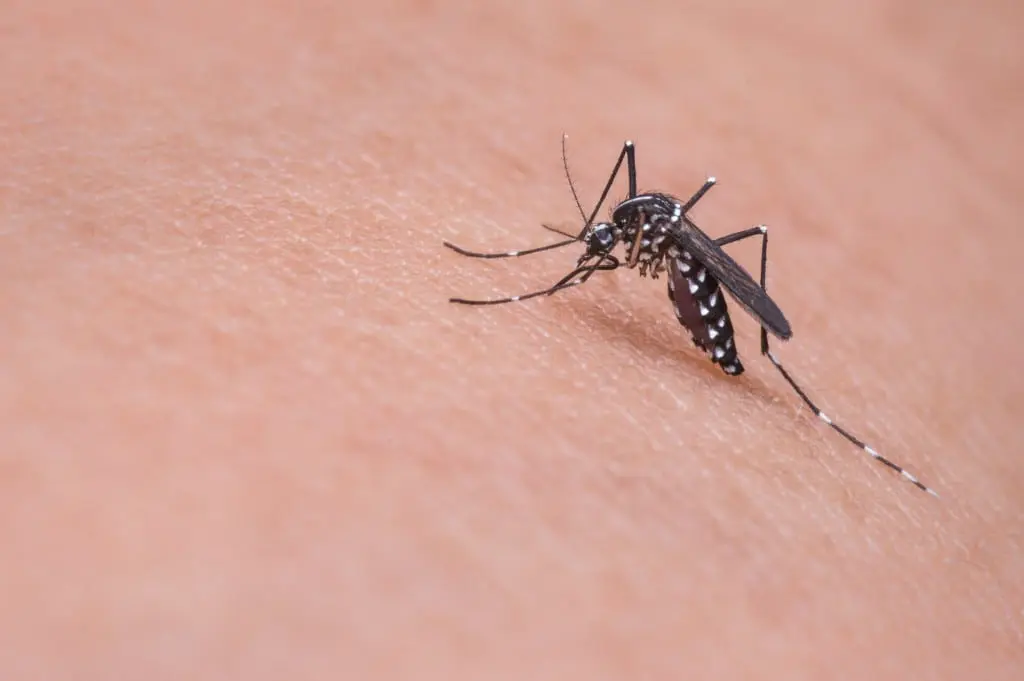Zika – a growing concern for business travelers
In response to the global transmission of the Zika virus, the Center for Disease Control (CDC) has released travel health advisories. The current notices include the following: Cape Verde, the Caribbean, Central America, South America, Mexico, and the Pacific Islands. These travel notices are especially geared toward pregnant women. View the CDC Travel Notices.
Companies and organizations of all sizes are attempting to respond to these travel advisories and to plan – or revise – international business trips accordingly. Some are keeping their trips in place but asking their employees to follow the CDC’s advice about insect repellent and covering up. Others are suggesting that pregnant women stay home. Some others are canceling their events or trips outright.
Gender Discrimination?
According to GlobalHR Research, the Society for Human Resource Management (SHRM) has stated that these responses pose two key questions: “Can employers forbid pregnant or soon-to-be-pregnant women from traveling on business?” and “Can female employees refuse to travel out of fear of contracting Zika?”
“Worried about Zika? Here’s how to cancel that trip.” (from NBR)
SHRM asserts that asking pregnant women to not travel is both illegal and “tantamount to gender discrimination….” Asking a woman for details about her health or pregnancy – or asking any employee to be screened for the Zika virus after travelling – is in violation of the American with Disabilities Act.
The SHRM goes on to say that it’s more complicated when a female employee refuses to travel. There are no laws that protect workers who refuse to travel over fears pertaining to a public health issue. This results in employers having grounds to enforce some kind of disciplinary action if they wish to do so. At this time, there are some laws at the state and local levels that are emerging and could potentially permit the exclusion of pregnant women from travel that potentially places them in some kind of harm.
Taking Action
The SHRM concludes with the following best courses of action:
1) Provide information to ALL employees about the Zika virus before they engage in any kind of travel, regardless of their gender.
2) Allow pregnant women to forego business travel to any of the affected regions.

